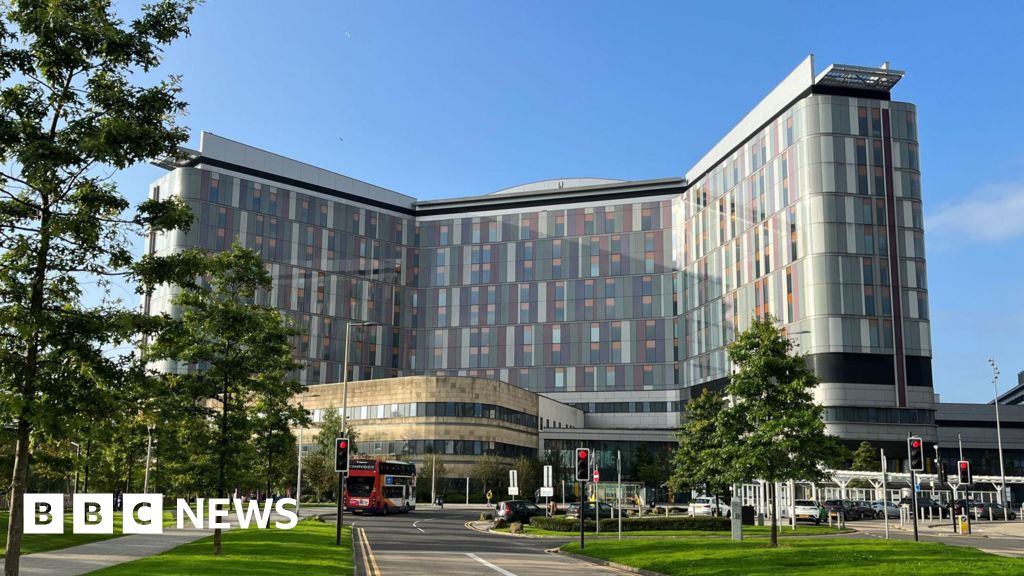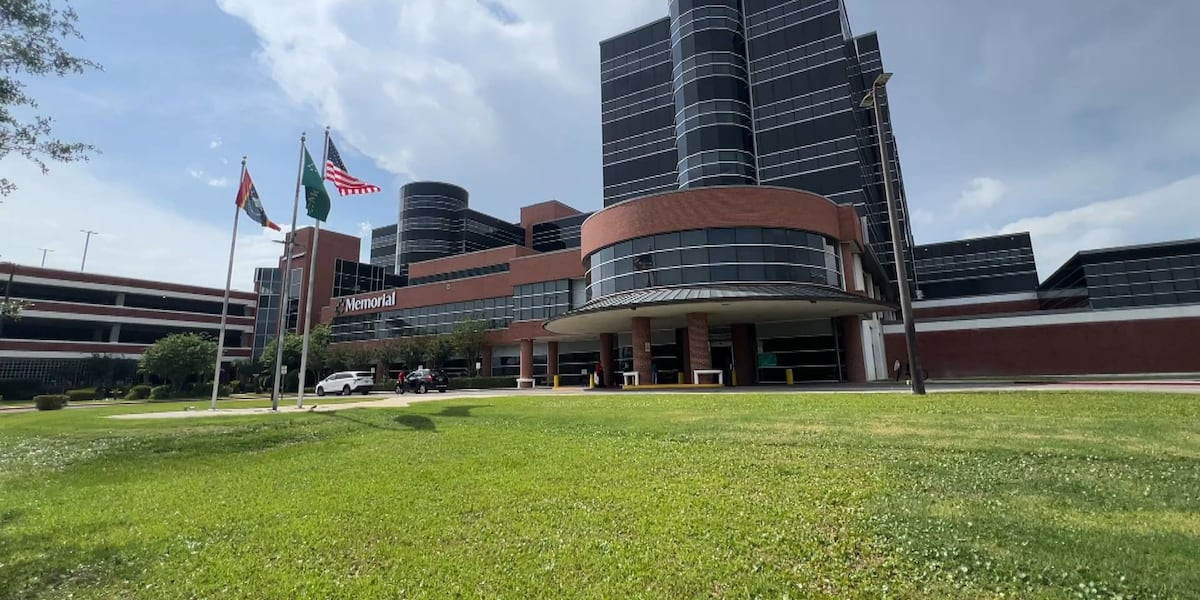Scottish Health Board Issues Apology After Ignoring Doctor's Safety Concerns in Busy Emergency Department

Health Board Admits Oversight, Pledges Action Following Doctor Concerns
In a significant admission of responsibility, NHS Greater Glasgow and Clyde has issued a formal apology to doctors following revelations that their concerns regarding patient safety within one of Scotland’s most heavily used emergency departments were not adequately addressed. The incident highlights a concerning lapse in communication and response within the healthcare system, prompting calls for improved protocols and a renewed focus on frontline staff feedback.
The apology comes after mounting pressure from medical professionals who voiced repeated concerns about staffing levels, resource availability, and potential risks to patient well-being within the emergency department at Glasgow Royal Infirmary. These warnings, reportedly dating back several months, were allegedly dismissed or downplayed by management, leading to a growing sense of frustration and alarm among the medical team.
What Were the Concerns?
Specific concerns raised by the doctors included persistent overcrowding, leading to extended waiting times and potential delays in crucial medical interventions. Insufficient staffing, particularly during peak hours, was also a major point of contention, with doctors fearing that the workload placed on existing staff compromised their ability to provide optimal care. Furthermore, concerns were raised about the availability of essential equipment and resources, which reportedly impacted the quality and efficiency of patient treatment.
The Health Board's Response
Acknowledging the validity of these concerns, the health board has stated that a full investigation is underway to determine the extent of the oversight and identify areas for improvement. A spokesperson for NHS Greater Glasgow and Clyde said, “We deeply regret that these concerns were not addressed as promptly as they should have been. We are committed to learning from this experience and ensuring that our staff feel empowered to raise concerns without fear of reprisal.”
The board has pledged to implement several measures, including:
- Enhanced communication channels between frontline staff and management.
- A review of staffing levels and resource allocation within the emergency department.
- Improved training for staff on escalating concerns and reporting potential risks.
- A commitment to a “just culture” where errors are seen as opportunities for learning and improvement, rather than grounds for blame.
Impact and Future Implications
This incident has sparked a wider debate about the importance of listening to the voices of healthcare professionals and fostering a culture of transparency and accountability within the NHS. Experts argue that failing to address concerns raised by doctors can have serious consequences for patient safety and ultimately undermine public trust in the healthcare system.
The ongoing investigation and subsequent actions by the health board will be closely scrutinized by medical professionals, patient advocacy groups, and the public alike. The outcome will be crucial in determining whether meaningful change is achieved and whether future concerns are addressed proactively and effectively. The need for a robust and responsive system for handling staff concerns is now more apparent than ever, ensuring the safety and well-being of both patients and the dedicated healthcare workers who serve them.






